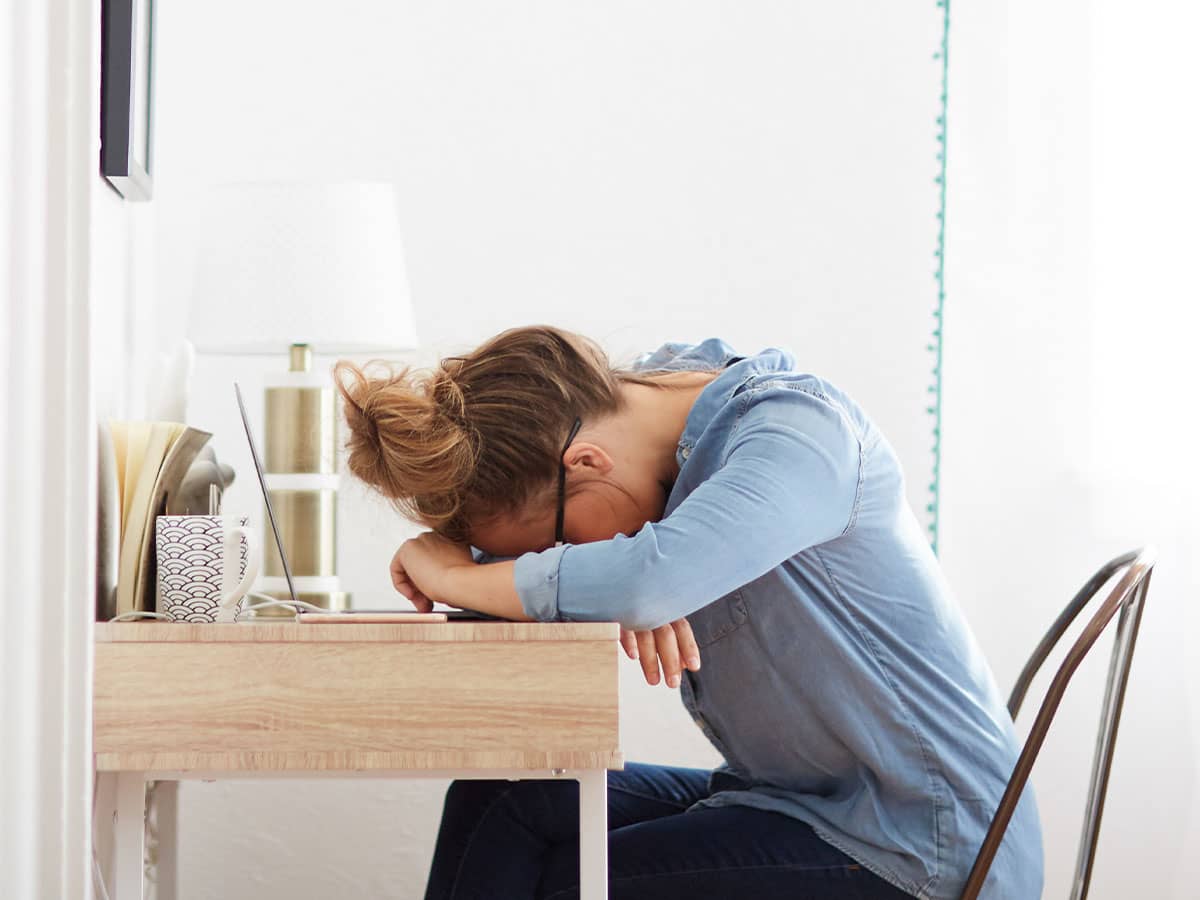
Usually when the winter hits we expect to get the common cold or flu, right? It is cold outside and it makes perfect sense. Not so fast victims, it’s not the frosty chill in the air—it’s the recycled air, germs and viruses in those warm quarters that help bring on colds and viruses.
What do we do when it gets cold out? We remain indoors, crank up the heat, and lack proper ventilation by keeping windows closed, understandable so. But those germs love warm and dry places. What happens when we are in dry places—it dries out the mucus membranes—allowing germs to fester to cause colds.
shared what Army Research Institute of Environmental Medicine's Belilovsky Anatoly
said regarding the immune system and our filter system.
“Dryness compromises the nose's ability to filter infections. On returning to warm air, rebound vasodilation occurs, where your hands get pink and your nose starts running as blood returns to it."
Case closed?
Not exactly, research found that the rhinovirus which causes colds in wetter and colder weather like a cold nose, so covering up the nose and mouth makes sense when venturing outside. Dr. John Watson in an interview with Health Day said it’s never that simple.
"Why exactly people get colds is hard to assess," he noted. "What is well-established is that the common cold is extremely common. We can say that adults get it in the area of three times every year. And for kids under 6 it may happen twice as often at that."
Since the common cold can take out an estimated 20 million people, a year.
What can we do to prevent or if we feel a cold coming on? It’s rather simple.
• Wash your hands for 20 seconds with warm water. Use paper towels to open doors and use paper towels for faucets.
• Use anti-bacteria wipes, and keep them close by WebMd reported. “Computer keyboards, telephones, doorknobs, pens that are given to you when you sign for a credit card purchase or in a doctor’s office -- all of these are surfaces that have great potential for harboring germs.”
• Keep your immune strong by taking vitamins like C and D3, and eating a healthy diet of vegetable and fruits. Reduce alcohol consumption, smoking and stress which will deplete the immune system. Also drink plenty of water, and cut back on caffeine and high-sugar drinks.
• Gargling with an antiseptic is another way to kill germs.
• If you are sick and can stay home, do it. Too many people spread thier germs to others in order to save vacation time. Ask if you can work remote, or don't come in.
• "If you feel tired, overworked, sad, or angry, those emotions can sink your mood. That can slow your immune system just when you need it running at full power to fight the cold virus," WebMD offered, so get rest and avoid running the body down.

